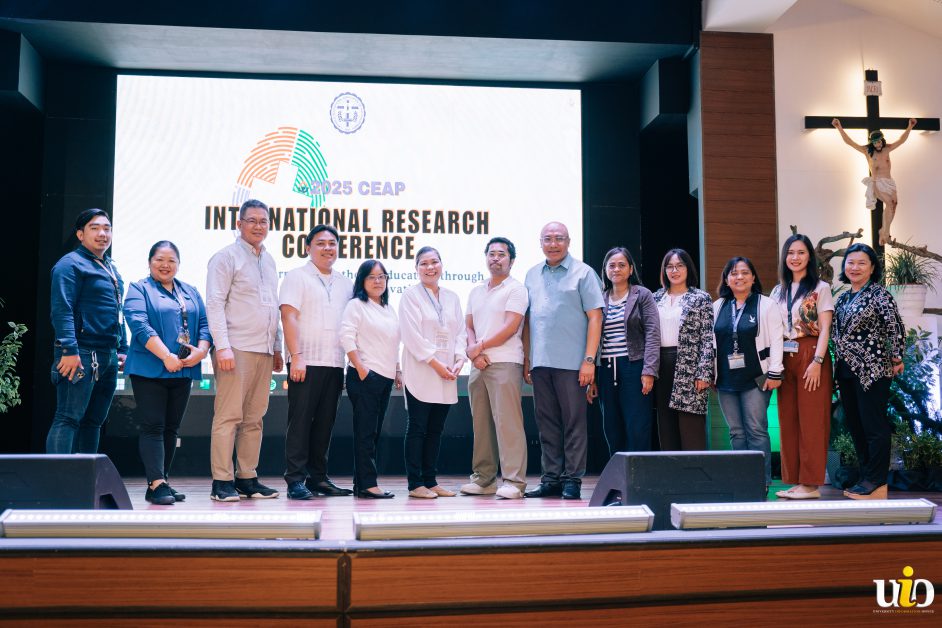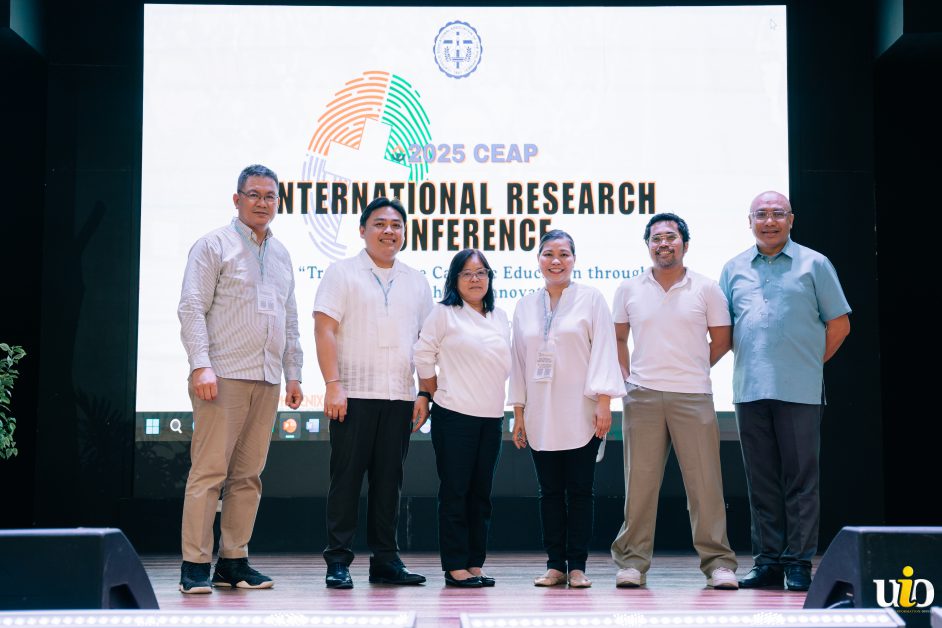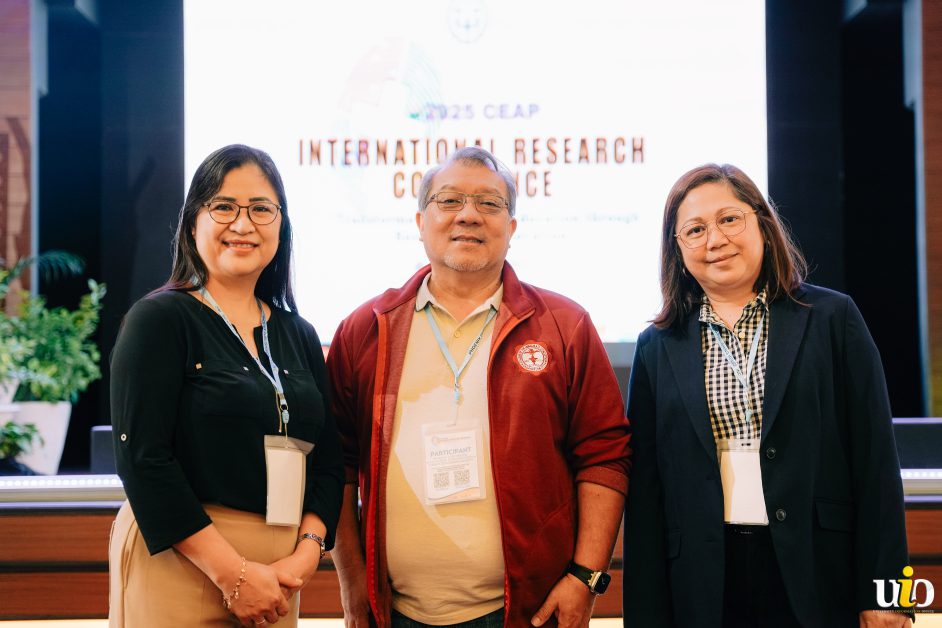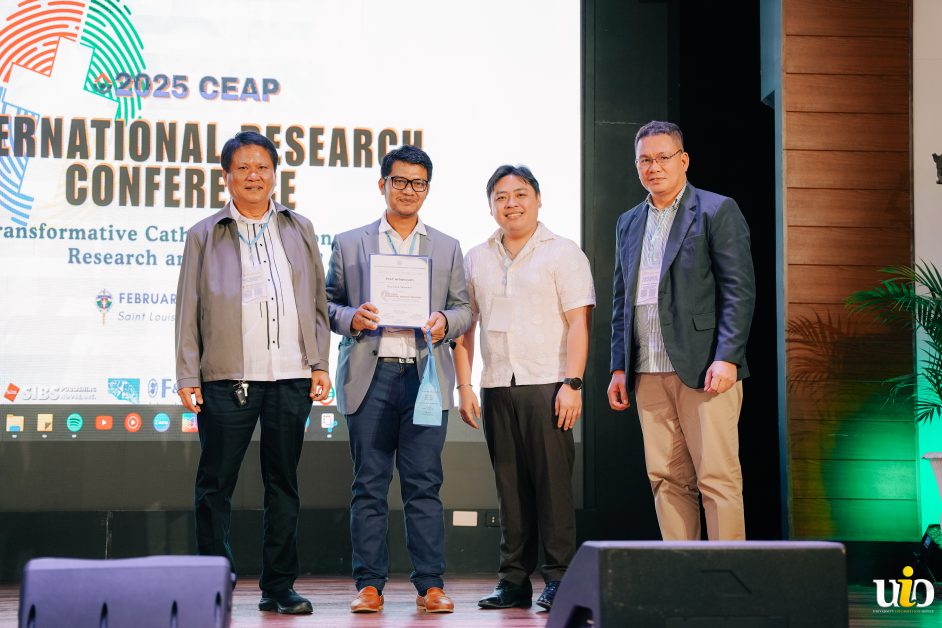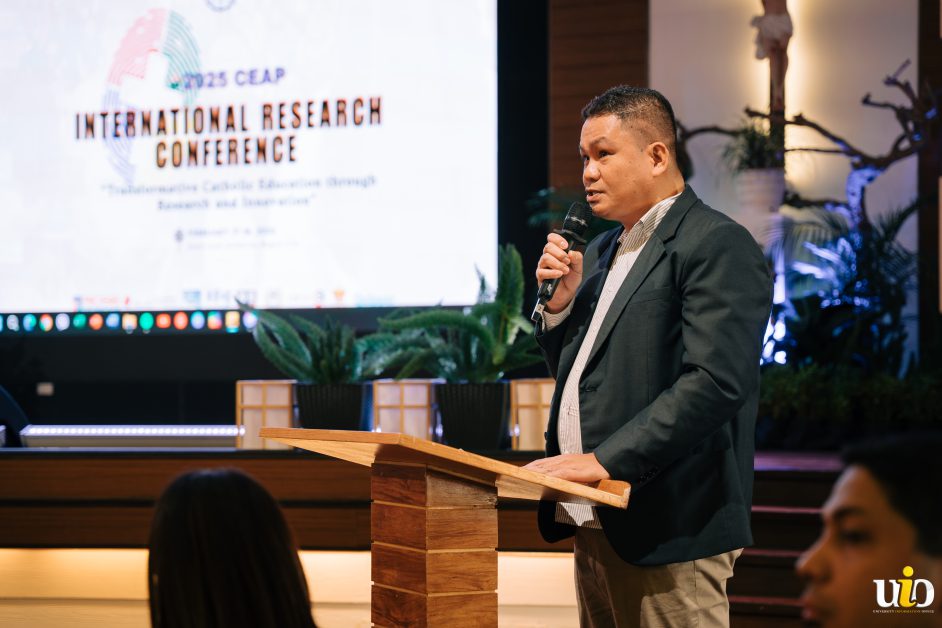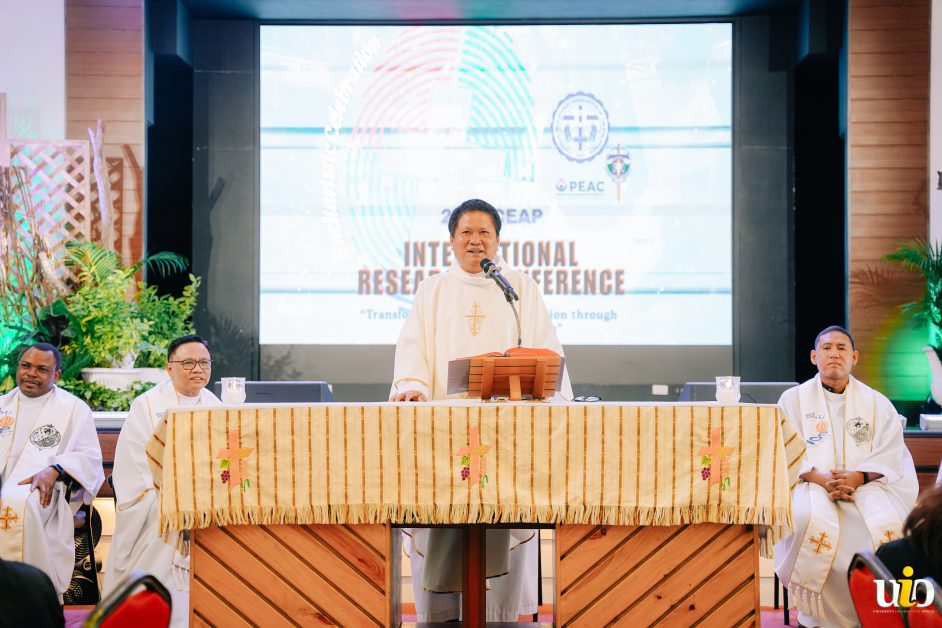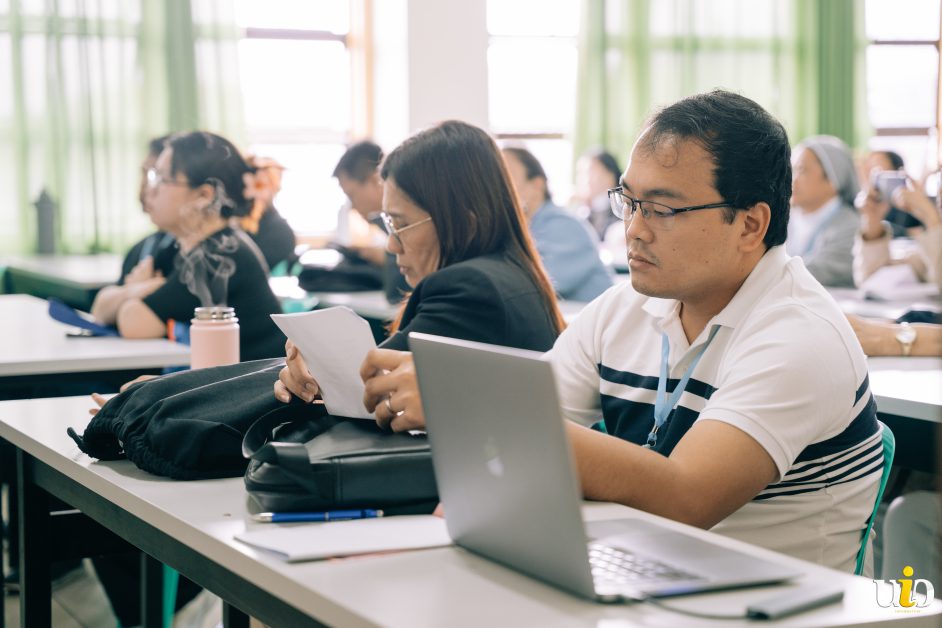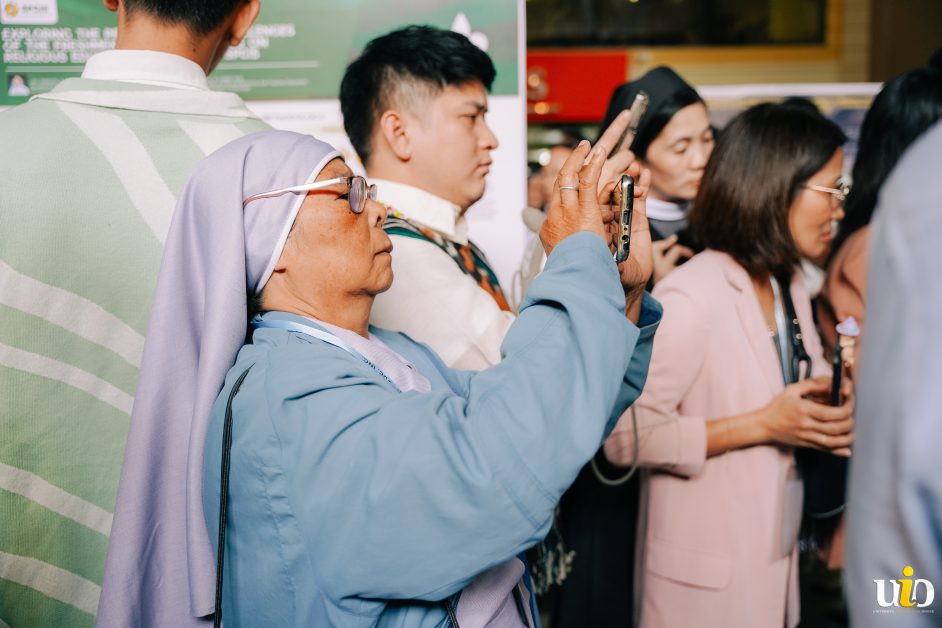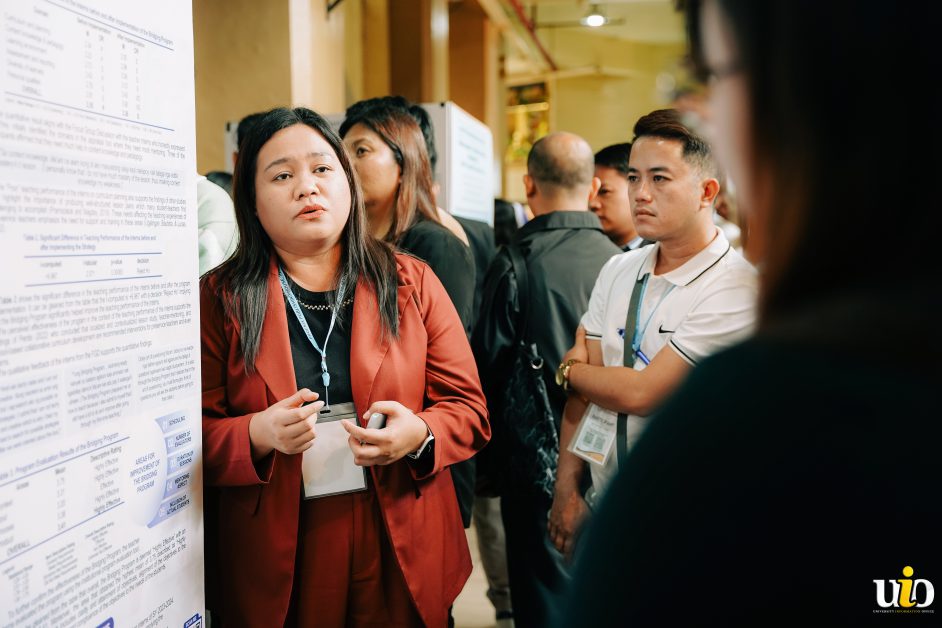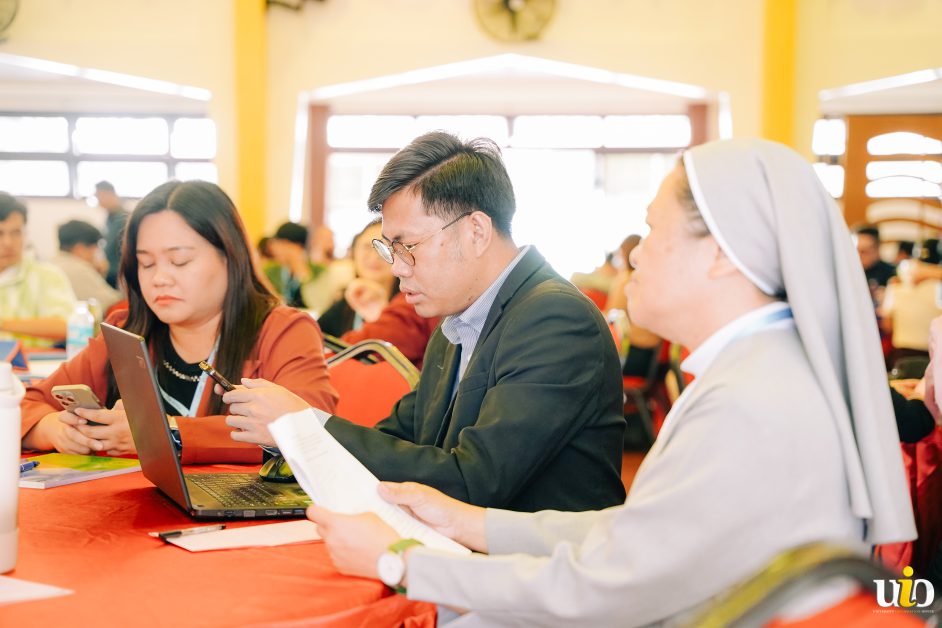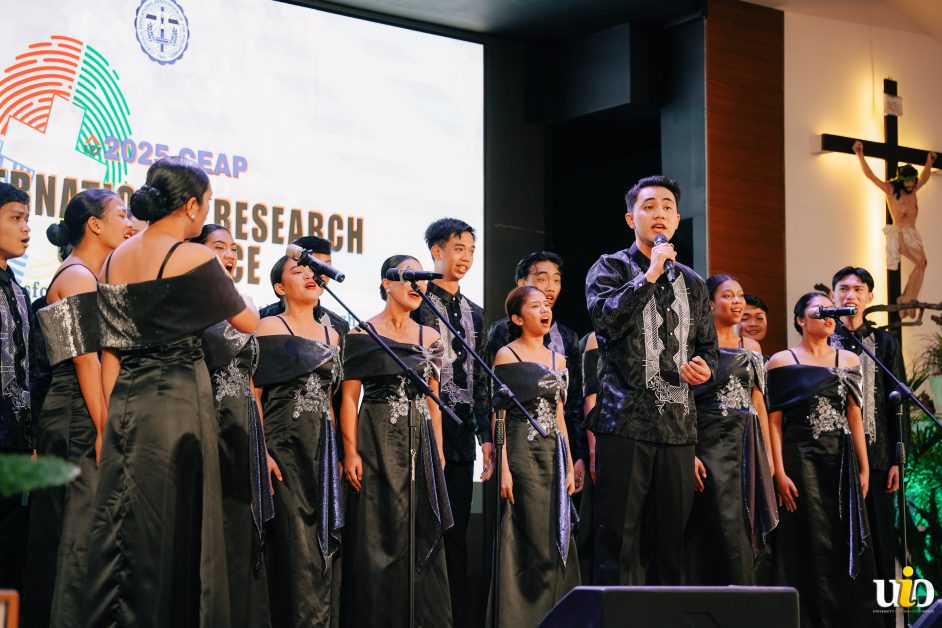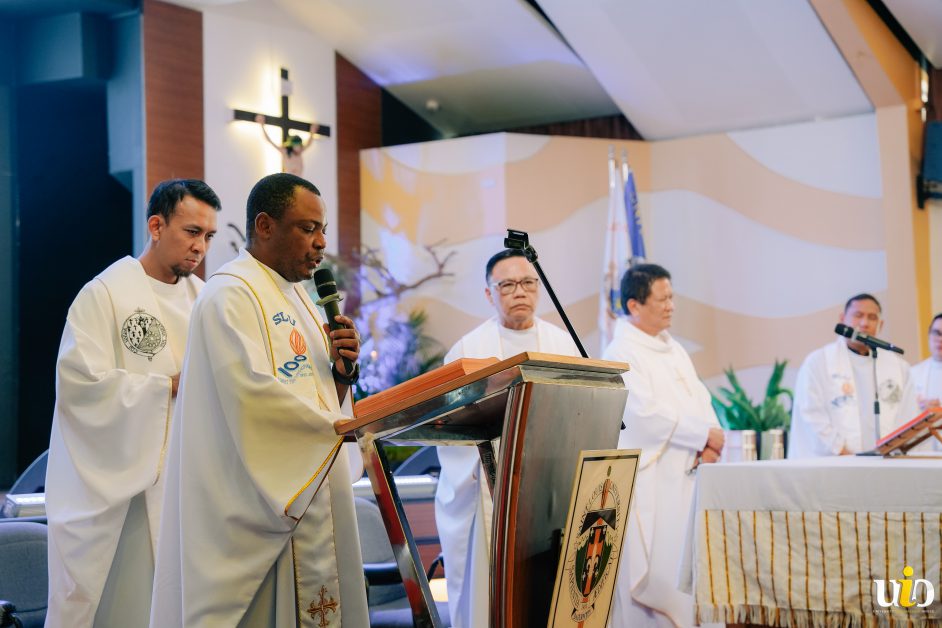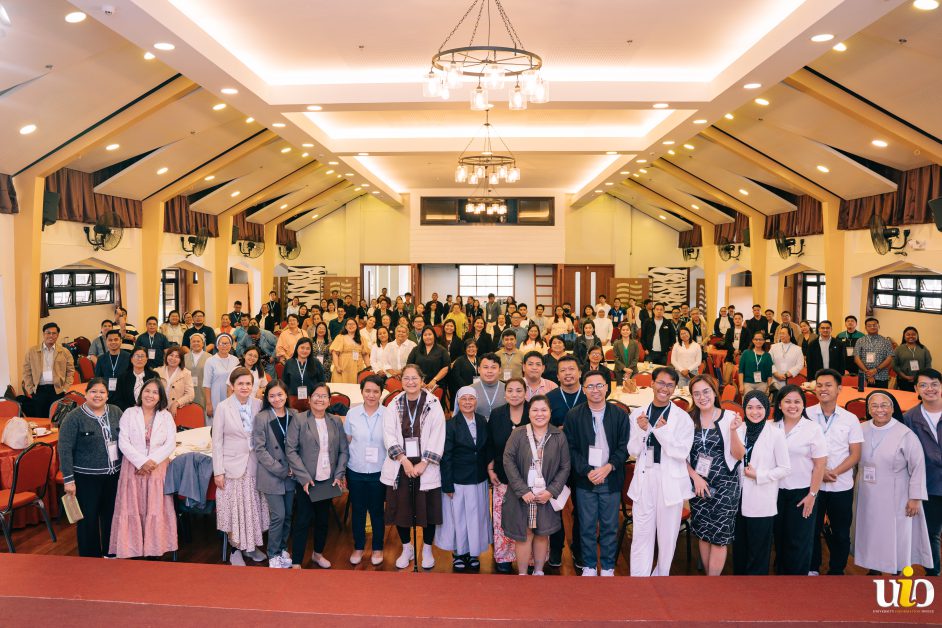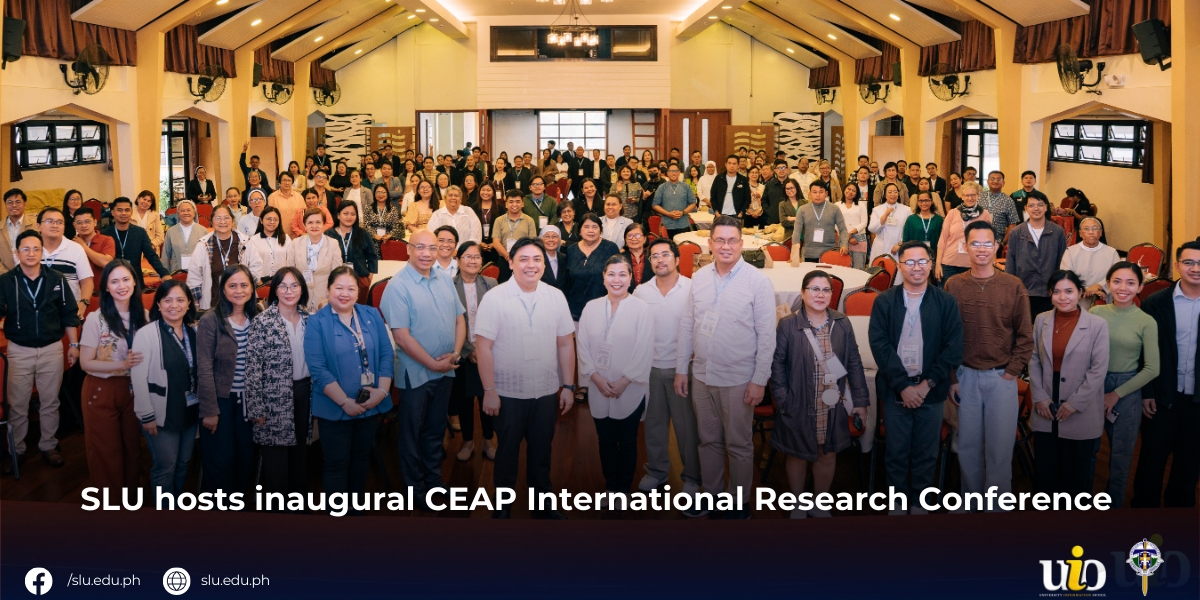Fortifying the institutional direction of becoming a premier research institution, Saint Louis University (SLU) hosted the first Catholic Educational Association of the Philippines (CEAP) International Research Conference from 17-18 February 2025 at the Fr. Francis Gevers Hall, SLU Main Campus.
With the theme “Transformative Catholic Education Through Research and Innovation”, the inaugural conference gathered researchers, educators, administrators, school heads, and scholars from around the country, serving as a platform for knowledge-sharing and collaboration.
CEAP President Fr. Karel S. San Juan, SJ opened the program by thanking the host institution, keynote speakers, and researchers who participated. He raised reflective questions about how educators can improve the system through research and continuous effort while maintaining Christian values. “The mission of CEAP is transformative Catholic Education, and research is an integral part of this,” he said.
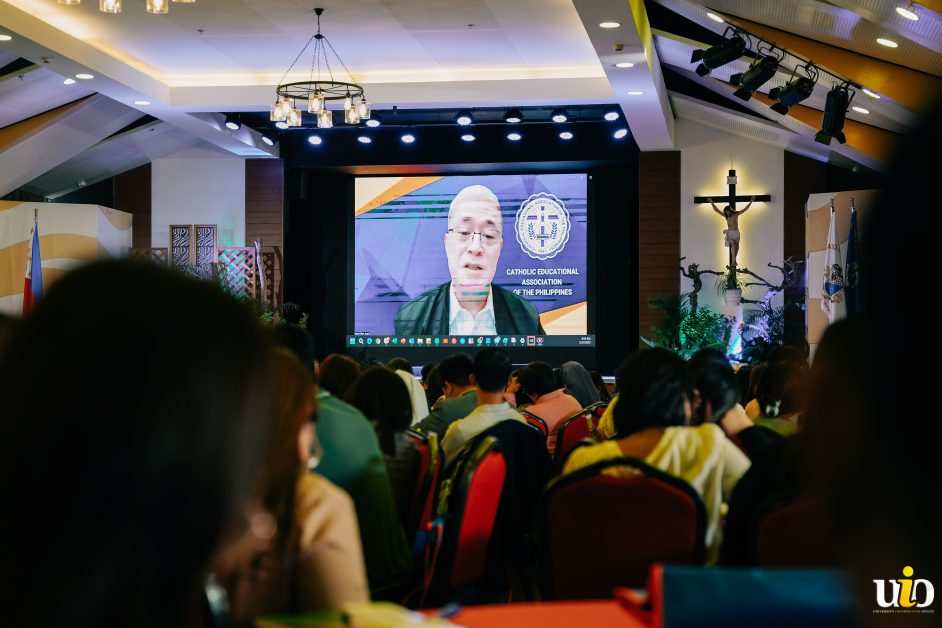
In his welcome address, SLU President Rev. Fr. Gilbert B. Sales, CICM, PhD, expressed how the conference equates to a valuable opportunity to collaborate across disciplines and inspire fellow educators with best practices that connect a faith-driven mission. “As we gather in this vital academic undertaking with our vibrant community, we are reminded of the profound responsibility we hold as educators and researchers to foster an environment that nurtures not only intellectual growth, but also spiritual and moral development of our students,” he added.
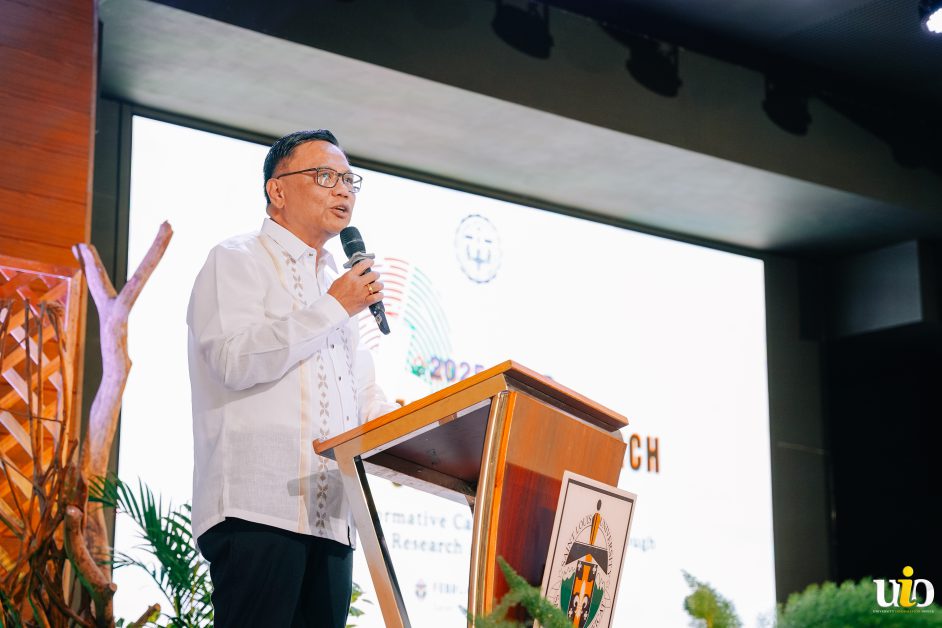
Keynote Speaker, Prof. Arfi Arfiansyah, a researcher from the International Center for Aceh and Indian Ocean Studies, highlighted the importance of applying the research papers to real-life situations through the discussion of his study titled, “Making Research Impactful in Post-Conflict and Natural Disaster Area: A case from Aceh, Indonesia.” “Knowledge should not stay on paper; it should reach the people by vernacularizing the abstract language of the accumulated knowledge into a certain context,” he remarked.. Prof. Arfiansyah also delved into the role of religious institutions in promoting peace and protecting the people in conflict areas.
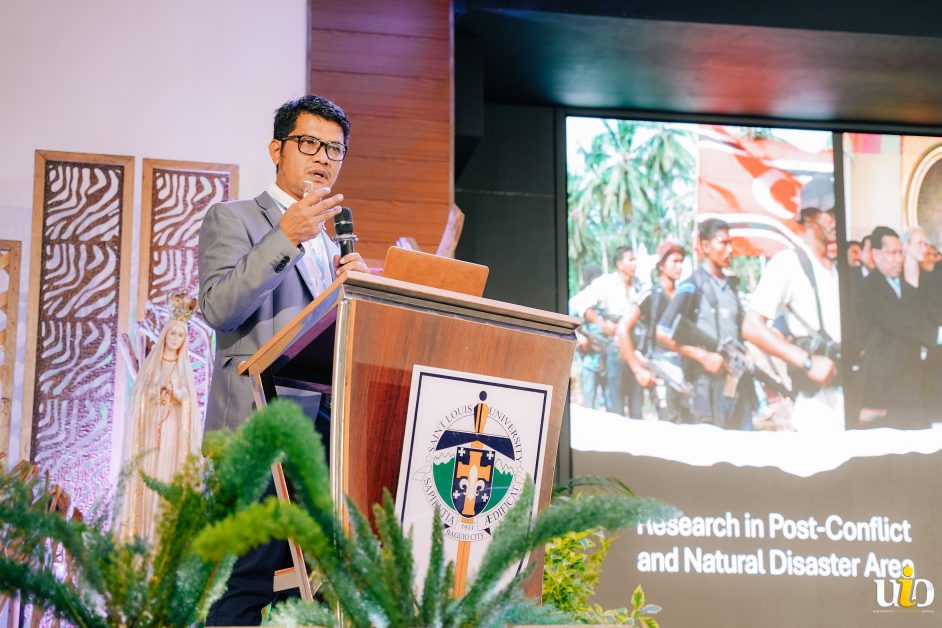
Afterward, the unfurling ceremony of the research posters commenced, symbolized by the untying of the ribbon by CEAP Research Committee Chairperson Richard R. Jugar, PhD, CEAP Committee member Dr. Dennis V. Madrigal, PhD; and Executive Assistant to the SLU President Joselito C. Gutierrez, PhD. The ceremony marked the official start of the Parallel Sessions that showcased the various studies from participating schools.
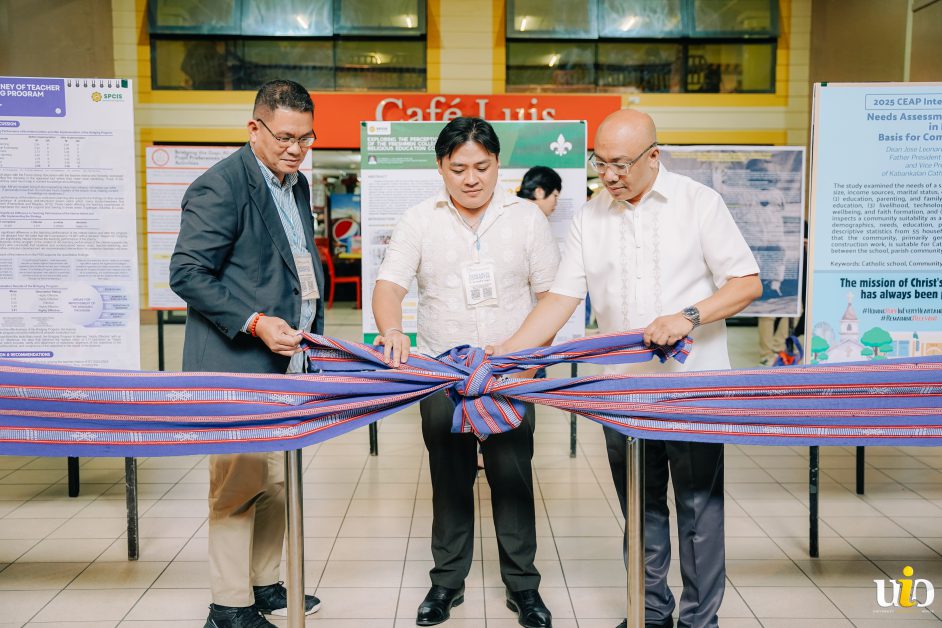
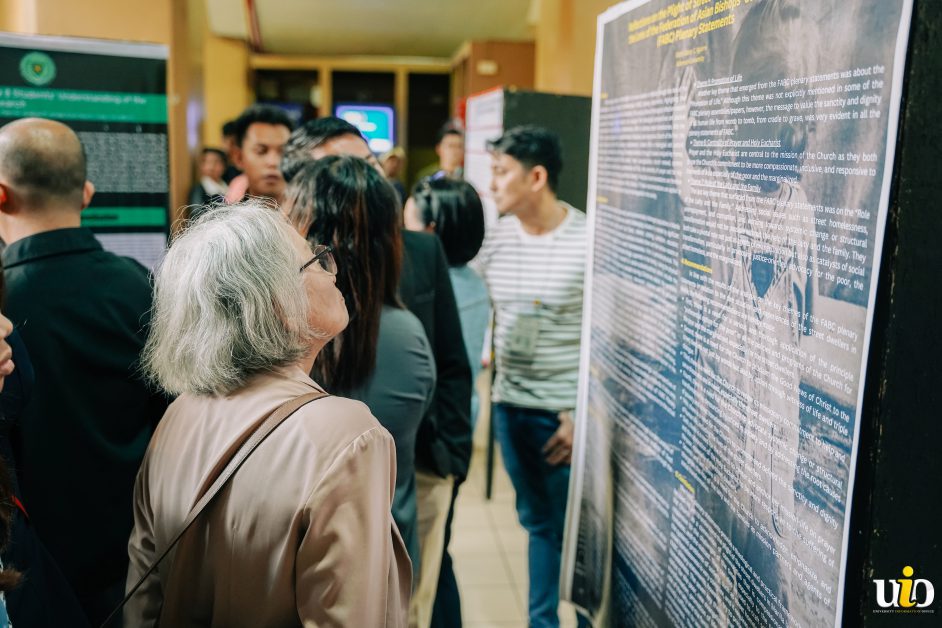
The research presentations revolved around the topics: “Research for Policy-Making”, “Addressing the Current Educational Challenges”, “Educational Issues Affecting Catholic Education”, and “Life-long and Life-wide Learning.” As a collective, the topics affirm United Nations Sustainable Development Goals (UN SDG) 4 (Quality Education), 8 (Decent Work and Economic Growth), 16 (Peace, Justice and Strong Institutions), and 17 (Partnerships for the Goals).
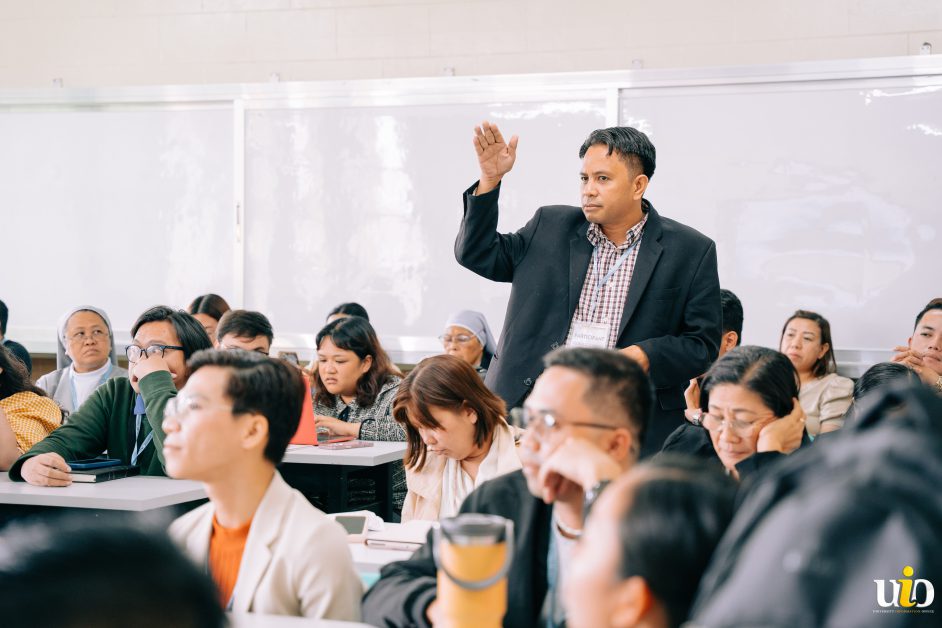
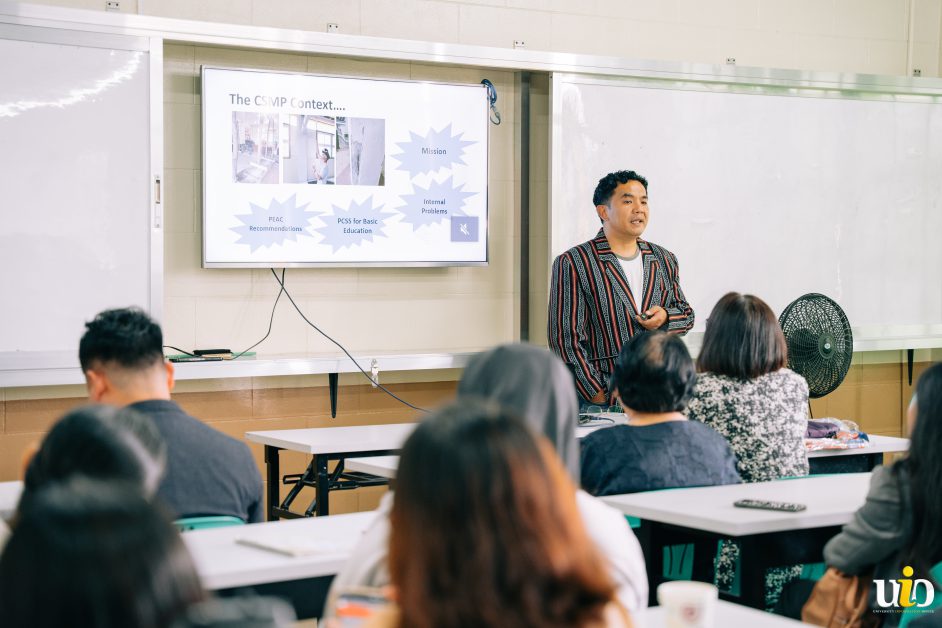
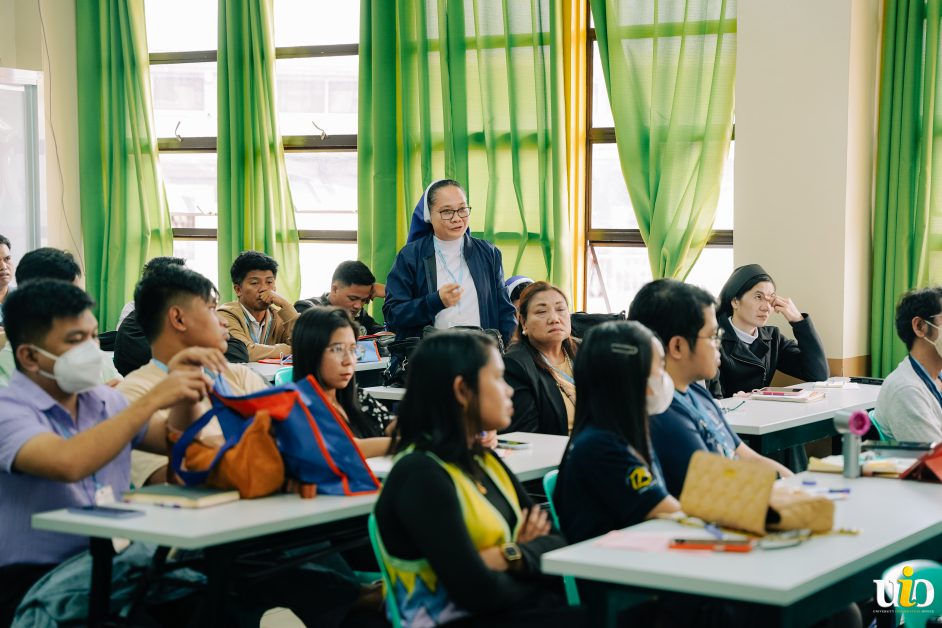
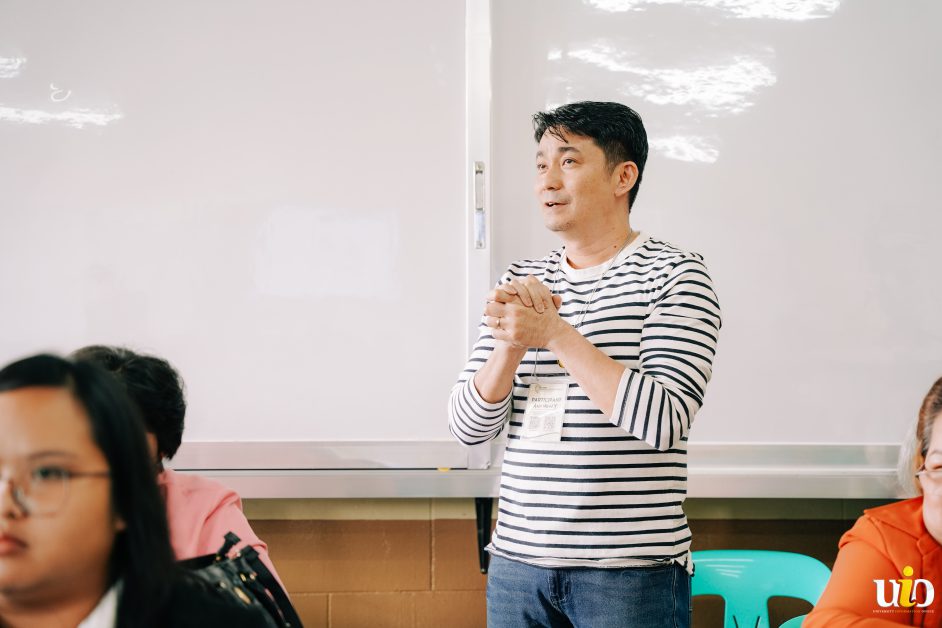
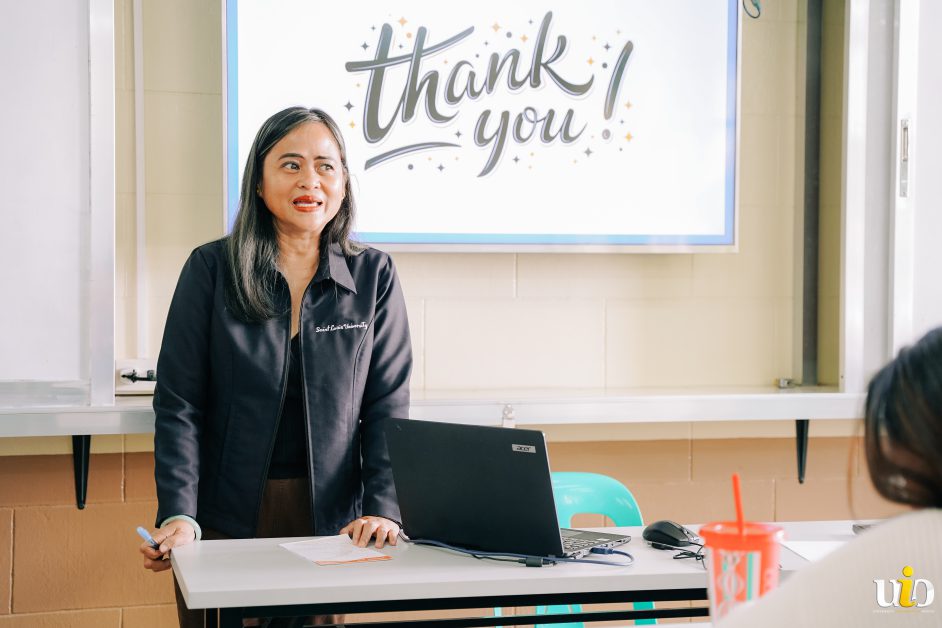
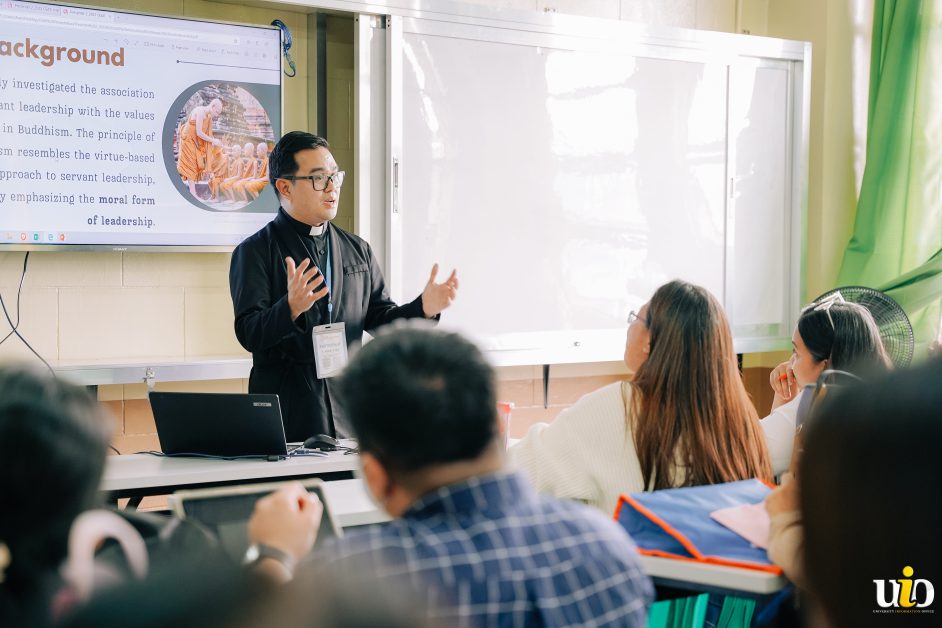
On the second day, a series of plenary sessions were conducted. The first session was conducted by F.X. Ouda Teda Ena, PhD, a lecturer from Sanata Dharma University, where he discussed “Research for Policy-Making in Southeast Asia.” He recognized the importance of developing research that leads to good and effective policies that impact the everyday lives of people, going beyond the paper’s intended meaning. “So, the result of our research, of course, will influence our policy and also our innovation. And that should go to the curriculum and the school management,” he explained.
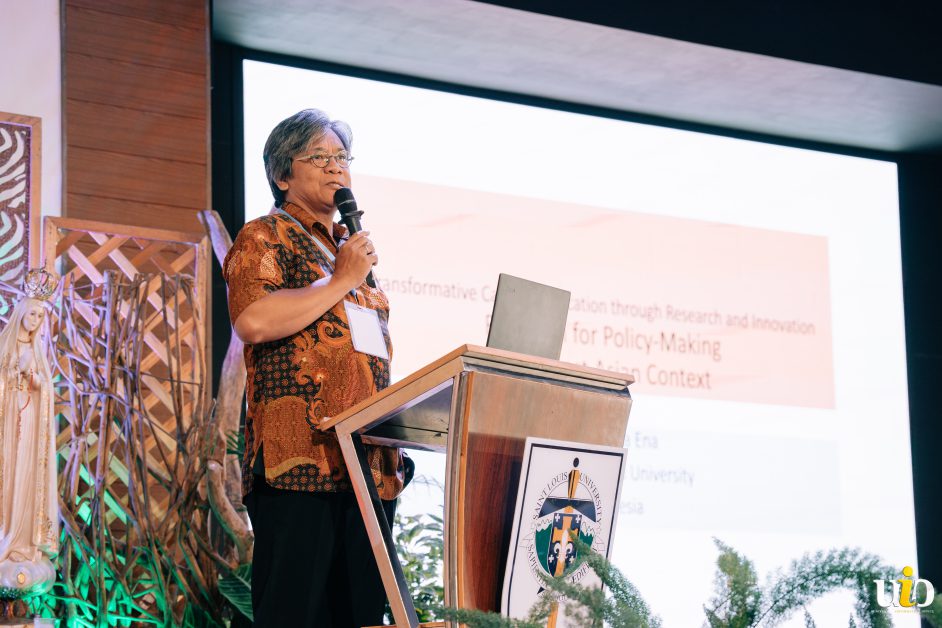
The second session was facilitated by the Dean of the SLU School of Teacher Education and Liberal Arts (STELA), Mary Pauline E. Namoca, PhD. She tackled the study, “Educational Issues Affecting Catholic Education,” shedding light to the various needs and issues that were addressed and overcome by Catholic education institutions.
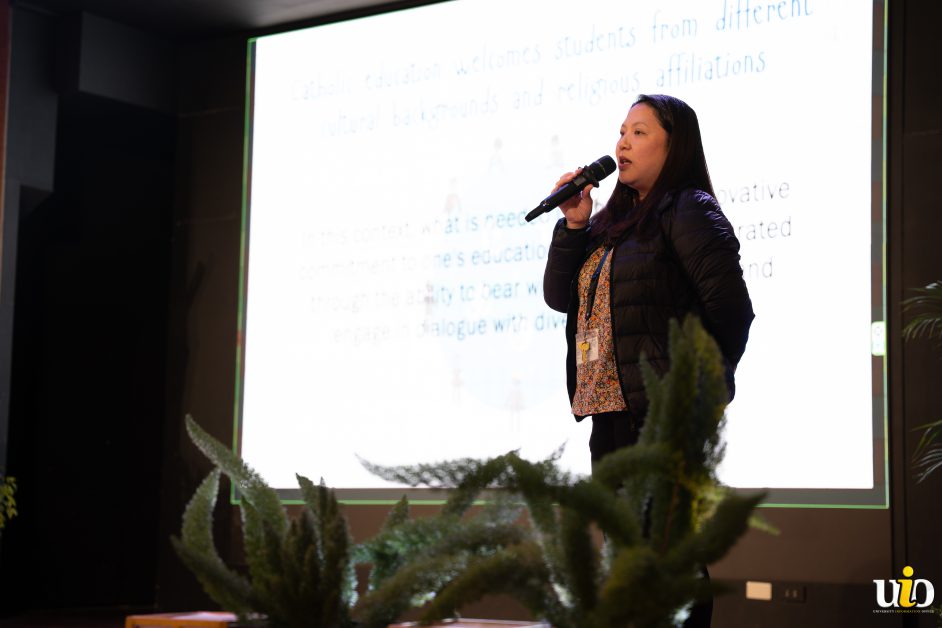
Thereafter, Ms. Krupskaya M. Anonuevo, Chief Technical Specialist from The Second Congressional Commission (EDCOM 2), reported on the current educational challenges in the Philippines, such as the lack of focus on developing children’s early childhood education.
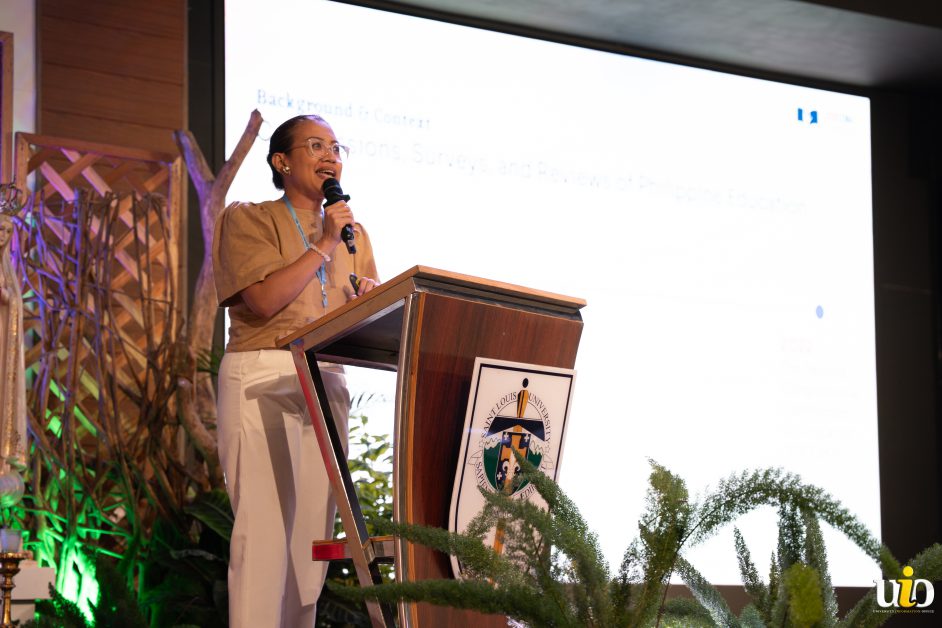
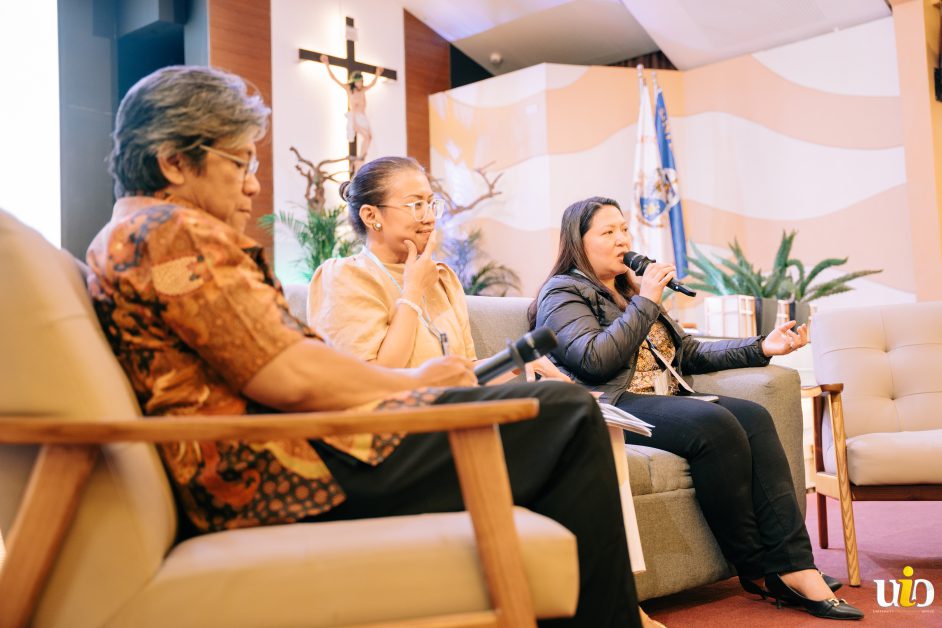
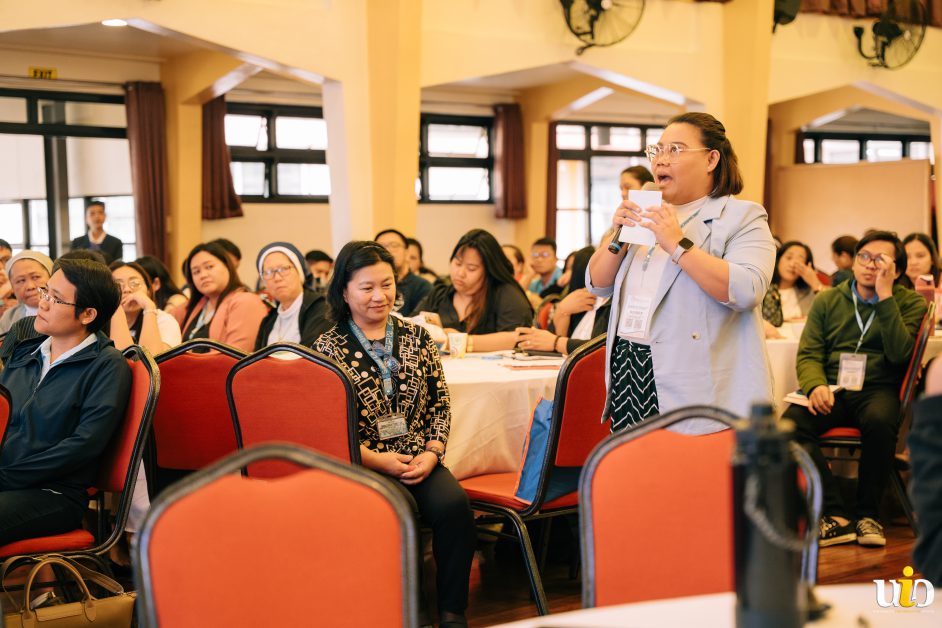
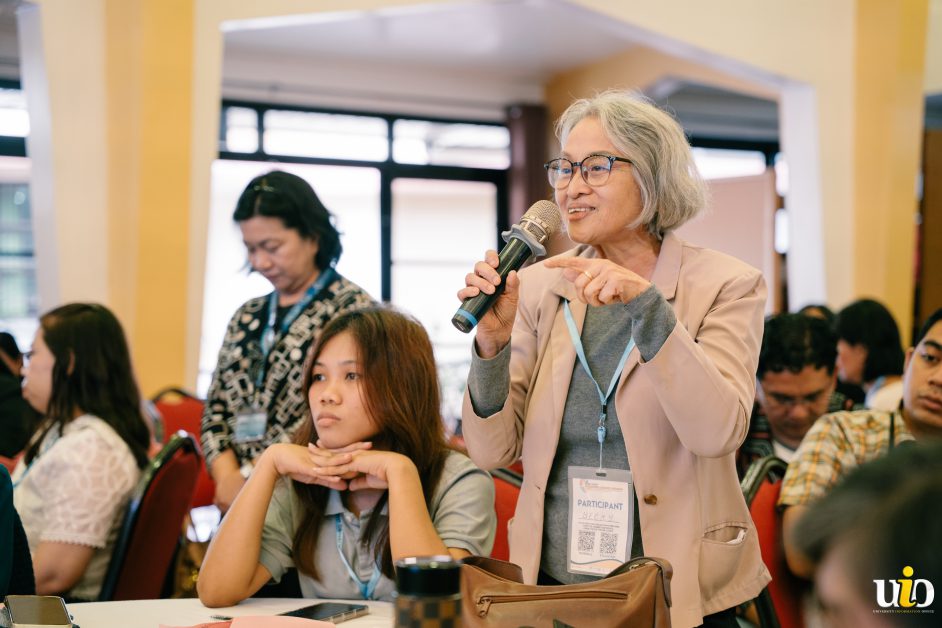
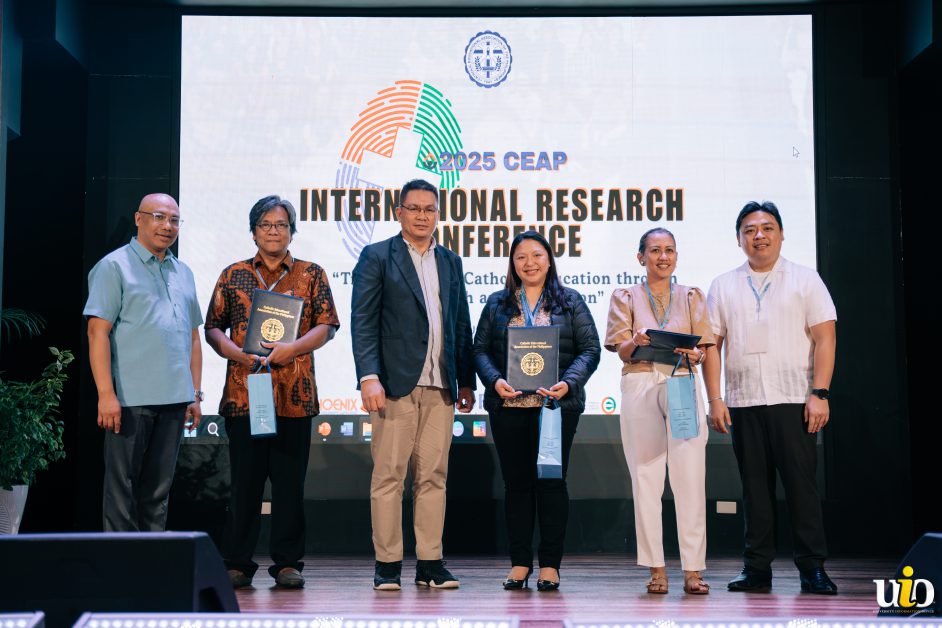
Concluding the two-day research conference, Dr. Gutierrez delved into the impact of the academics’ shared experience and collaboration. “The insights shared here will undoubtedly serve as a beacon, guiding our collective efforts in enhancing the quality and impact of Catholic education, hence training our school community to become pilgrims of hope,” he said.
Dr. Jugar then urged the participants to take action by continuing to share their expertise and knowledge in the research field, emphasizing the importance of collaborative learning through engagement with one another. “Research cannot be learned by talks. You have to engage if you want to do research,” he stated.
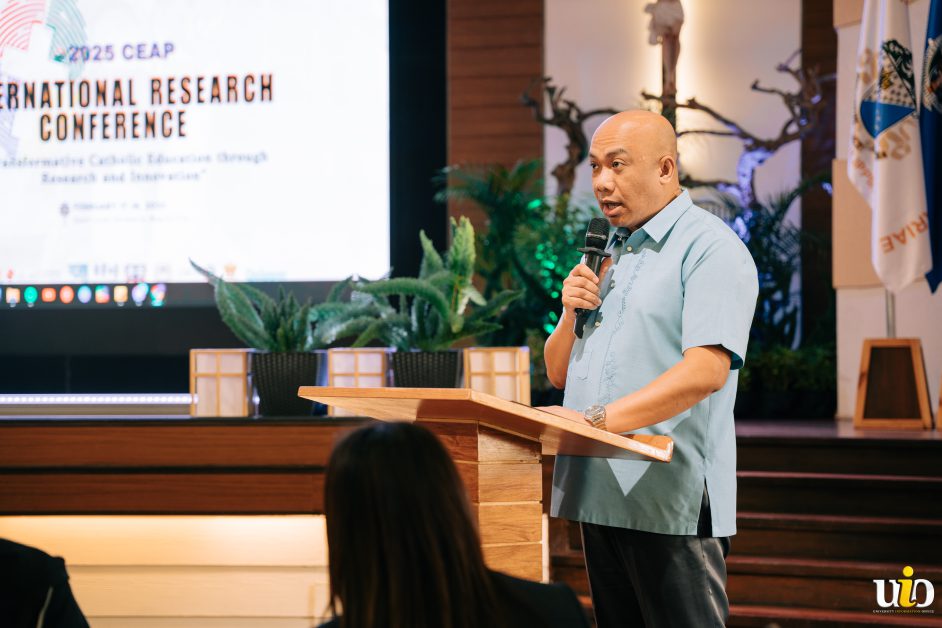
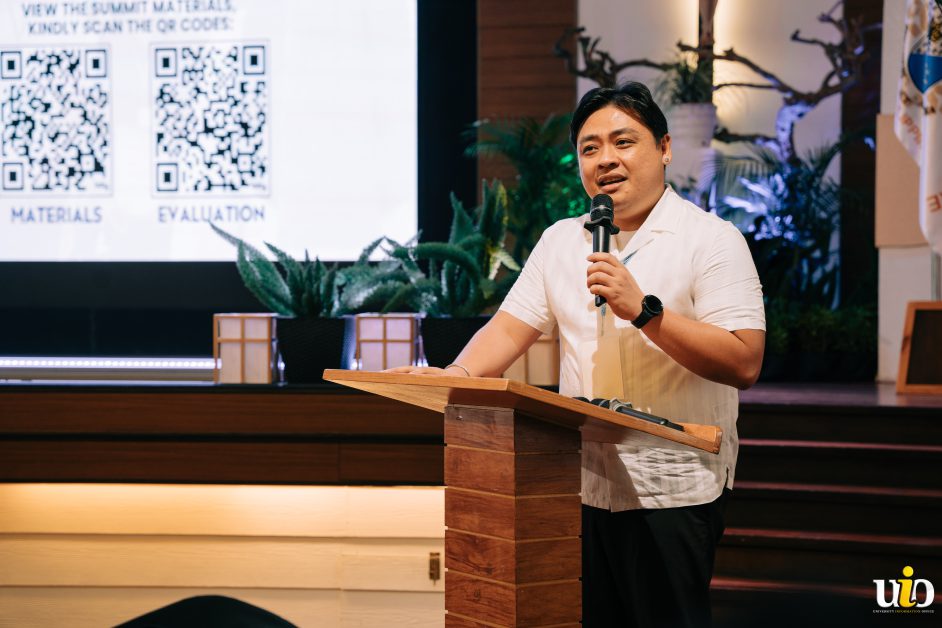
The 2025 CEAP International Research Conference at SLU reinforced the institution’s commitment to becoming a leading research university, highlighting the transformative potential of Catholic education through research and innovation. As the university advances its mission of impactful research that resonates within communities, the insights, knowledge, and experiences gained from the conference has contributed to shaping effective policies and practices that enhance the educational landscape. (Article by Ydelvess Faith Morales, UIO Intern | Photos by Kyla Moreno, UIO Intern)
